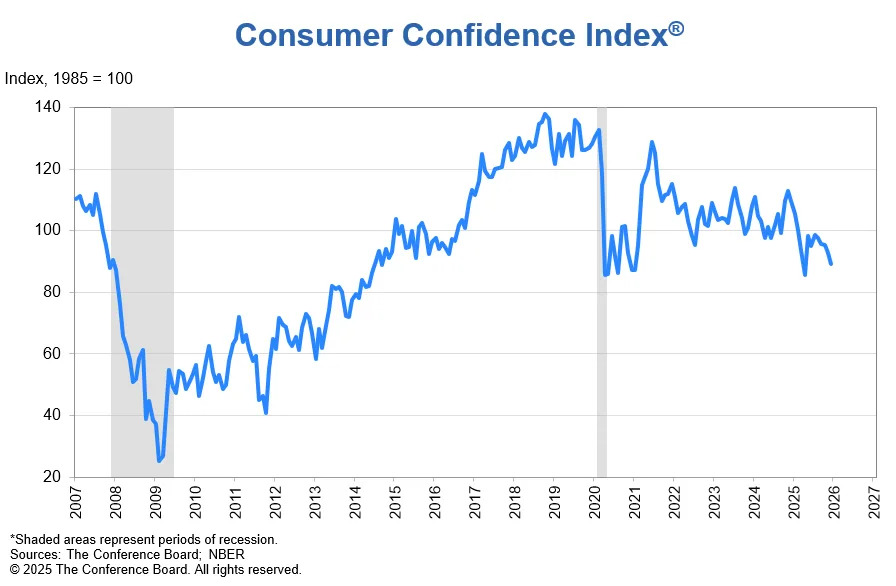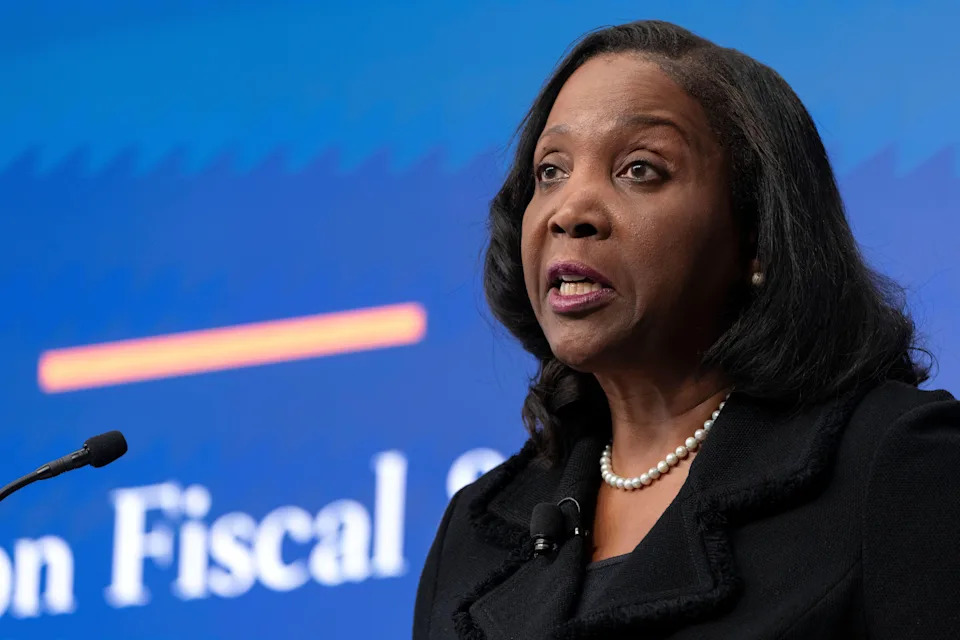
If You'd Invested $1,000 in SHIB 5 Years Ago, Here's How Much You'd Have Today
Key Points
- Shiba Inu was created as a meme token in 2020, inspired by Dogecoin, and operates as an ERC-20 token on Ethereum's blockchain.
- In 2023, Shiba Inu developers launched Shibarium, a layer-2 blockchain solution to reduce Ethereum network congestion and lower transaction costs.
- Shibarium introduced a token-burning mechanism to reduce Shiba Inu's vast supply and supports the development of decentralized applications.
- Shiba Inu has experienced significant volatility, with dramatic price swings, trading at $0.00001290 as of July 30, up 65% since launch.
- A $1,000 investment in Shiba Inu at launch would be worth approximately $1,650 today, underperforming compared to the S&P 500's 95% gain.
Summary
Shiba Inu (CRYPTO: SHIB), launched in 2020 as a meme cryptocurrency inspired by Dogecoin, quickly gained attention in the crypto space. Built as an ERC-20 token on Ethereum's blockchain, it adheres to specific standards. In 2023, its developers introduced Shibarium, a layer-2 solution designed to alleviate Ethereum's network congestion and reduce transaction costs for Shiba Inu users. Shibarium also features a token-burning mechanism to decrease the token's massive supply and supports decentralized app development. Known for extreme volatility, Shiba Inu has seen significant price fluctuations, peaking at $0.00006704 in October 2021 and trading at $0.00001290 as of July 30, 2024. A $1,000 investment at launch would now be worth about $1,650, a 65% gain, which lags behind the S&P 500's 95% return over the same period. While meme tokens like Shiba Inu attract a strong social media following, their volatility often surpasses that of major cryptocurrencies like Bitcoin, leading to unpredictable price swings. The article also notes that The Motley Fool's Stock Advisor team does not recommend Shiba Inu among their top investment picks, suggesting alternative stocks with potentially higher returns.
The Motley Fool
August 4, 2025
Crypto


